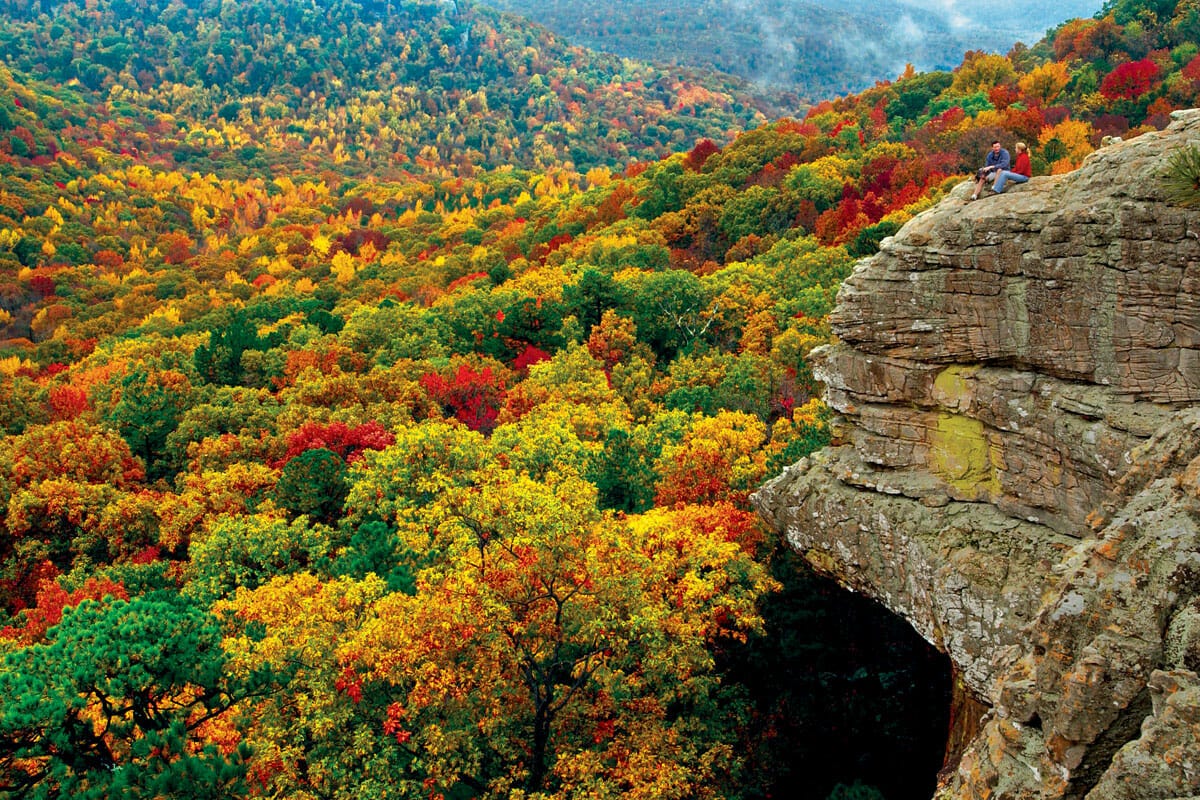For the last several weeks, the Southern skies have been the color of dirty cotton. Hot rain poured from the heavens like buckets of seraphic tears. Wet leaves rode the wind and attached themselves to anything not moving fast enough, like old barns and old men’s trucks. But now the rains have come and gone. Summer has all but done its work. The corn is shucked. The field peas are in the freezer, stacked high in piles of ziplock bags. The cabinets are full of blackberry jelly and muscadine jam. The high heat and humidity of the Dog Days are giving way to early morning chills and cool evening breezes. The weather is now perfect for “porch sittin.’”
I sat outside this morning rubbing a little dog’s belly and listening to the rooster wake up the sun (and the cantankerous neighbor lady), and waited for it to peek over the hay fields to the east as it is wont to do. Lately, the golden glow has been replaced by a warm blush of pink, like a schoolgirl’s cheek at the site of her first kiss.
The leaves waving from the old oak trees are more expressive too. Those green leaves are becoming bespeckled things. Soon they will become little mirrors of sunlight, displaying various shades of red and amber before draping themselves in a gilded shroud. I suspect they know that they are dying, but they want to go out in style. Few things are more colorful, more expressive than a Southern Fall.
Except maybe the way that Southerners tend to talk about such things. The real color and warmth found here is not in the landscape or the sky but in our language, the way we lean words against one another. Our grammar may not be all that good, but we are a well-spoken people. Our necks may be red, our collars may be blue, but our words take on every hue.



![Best Places To See The Fall Foliage in Arkansas [Updated August 2022] Best Places To See The Fall Foliage in Arkansas [Updated August 2022]](https://substackcdn.com/image/fetch/w_1456,c_limit,f_auto,q_auto:good,fl_progressive:steep/https%3A%2F%2Fbucketeer-e05bbc84-baa3-437e-9518-adb32be77984.s3.amazonaws.com%2Fpublic%2Fimages%2F89aeda77-7ac1-44da-9d9b-c3c6afcdc0b4_560x315.jpeg)
